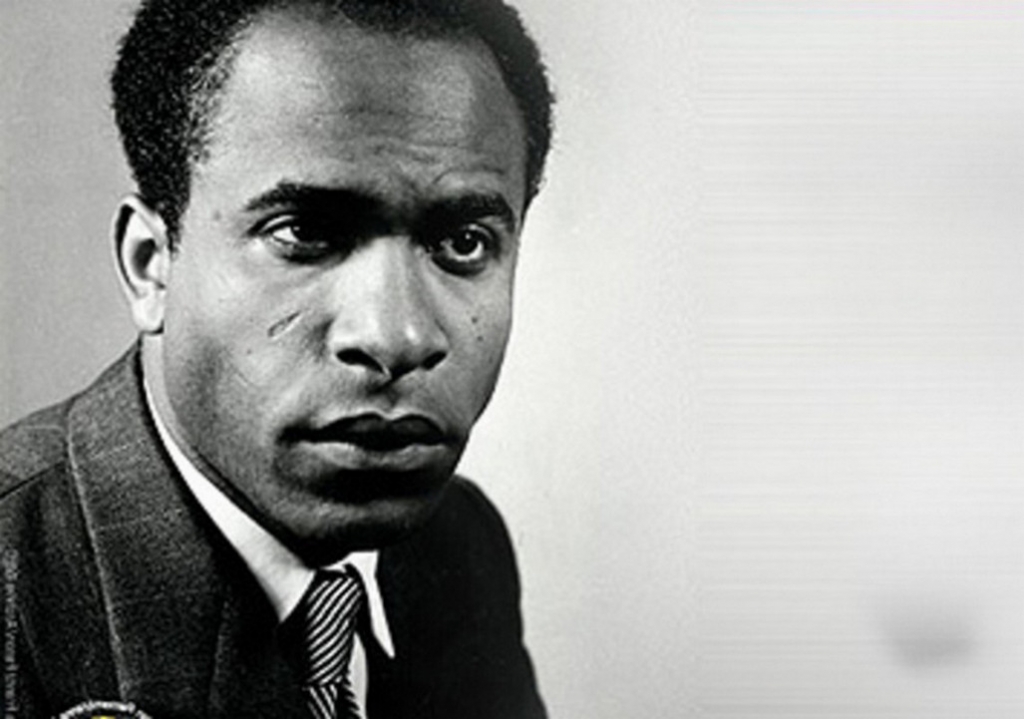It was Frantz Fenon who once said “Each generation must, out of relative obscurity, discover its mission, fulfill it, or betray it.” The youth of ’76 were able to conquer the Bantu Education System because they had one clear mission. Victory was achieved also when the thousands of women across South Africa who marched to the union buildings on the 9th of August 1956. They were also victorious because they had one clear mission. The question posed to us is “Have we [ordinary citizens] identified our own struggle in this generation? What will tell our grandchildren when they ask us about our struggle?” We remain divided in our thinking.
The famously quoted, Russian communist and political theorist – Vladimir Lenin observed that “one of the chief symptoms of every revolution is the sharp and sudden increase in the number of ordinary people who take an active, independent and forceful interest in politics.” In light of recent events, quite a large pool of young people in the country have been showing an increasing interest in politics. Argued by some, this interest is propagated by an influx of corruption that we are exposed to on our media platforms.
According to Lenin, wherever you see an ordinary man [person] on the ground start engaging into politics and being politically active, that is a symptom of a revolution.
It all started in the ANC Youth League when the radical young people first spoke of “economic freedom in our lifetime”. This ideology carried on to become the foundation upon which the new kid in politics – the Economic Freedom Fighters (EFF) was formed. YES, I am all in favour of obtaining economic freedom in my lifetime, however the following are some of the many questions I have been battling with lately:
1. Have we clearly defined our own struggle?
2. What does economic freedom look like in our generation?
3. Does “The Global System” allow us become economically free or is it just another far-fetched dream?
I asked one radical gentlemen a week ago to paint me picture of what economic freedom in our country would look like. To my shock, he was unable to pin-point some of the basic things would actually affirm to us that we have achieved economic freedom apart from the land issue.
I would like to believe that we got the vision correct when saying that “we are fighting for economic freedom in our lifetime”, however do we have a clear mission on how to attain it? What are the strategic measures in place to aid us in achieving our vision? Is our mission going to be a multifaceted approach inclusive of both political, religious and social systems? How do the champions of this vision going to clearly articulate the mission to the ordinary citizen on the ground?
Allow me to introduce you to three types of young people in South Africa who all believe that they are economically free:
Person A
This person lives in the townships and rural areas with a family of 5. He believes that if he has a job paying at least R3 000 per month, then he is economically free.
Person B
Person B is a young person living in the flats, earning roughly R12 000 per month. He is able to do more of the things that person A cannot. He also believes that he is economically free.
Person C
Person C is a young person living in the suburbs, in a house owned by the bank. Person C walks away with roughly R20 000 per month. He is able to do more than what person A&B can and he too believes that he is economically free.
Now looking into all the three people, who according to you is really economically free? Keep in mind that all these people do not own a company, land, or industries (e.g. the media, manufacturing, mining, etc.).
Over the weekend, I was wrestling with understanding the words of Kanye West in his recent interview on BBC Radio One when he said “The new form of racism is CLASS.” He continued to explain that; we live in a society that is segregated to the core. We have 1) the poor, 2) those that think they are middle class, 3) the middle class, 4) those who envy the elite and 5) the elite. All these are greatly divided and as a result, thus disabling us to establish any form of communication around this topic. The gap keeps widening up daily.
What is economic freedom? Does it mean that we must own land? Does it mean that I need to work at the largest company in Sandton or does it mean that I need to have means of survival on a daily basis? We need to answer these questions.
I believe that as a young nation, we need to sit down to have conversation around what does it really mean to become economically free. Until we clearly understand what that means to us, we will not be able to have a clear mission to achieve it and thus we will betray our generation as Fenon said. Our children and grandchildren will call us failures.
Let’s take it upon ourselves to have our own struggle. Define it clearly and find ways to conquer it.
Let’s have these conversations
Twitter @abutirams




